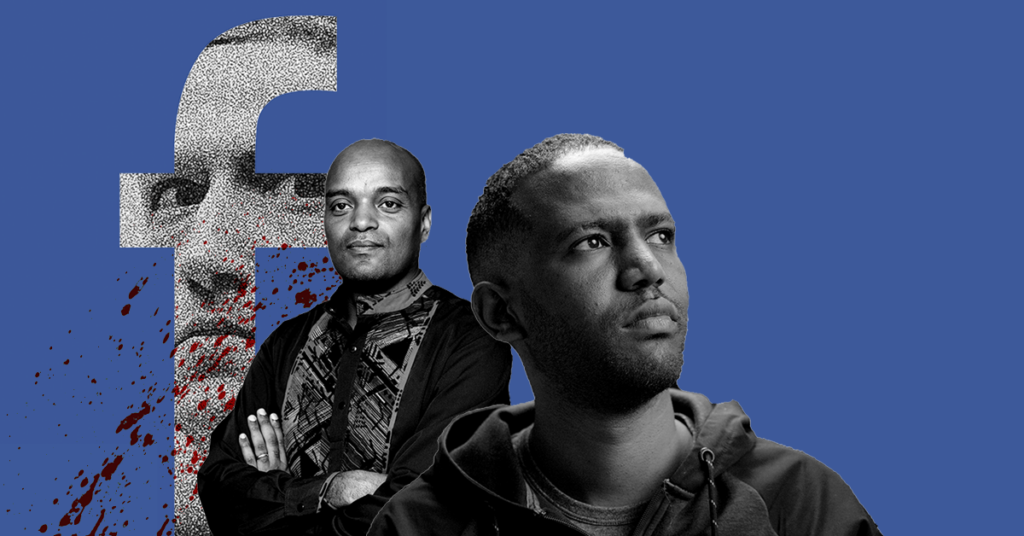In December 2022, we filed our claim against Meta. At the same time, we also filed a motion for empanelment. That means we requested a panel of three judges determine our case. We believe this bench of judges is necessary because our claim raises important and complex issues in new areas of the law, like artificial intelligence.
Instead of engaging with the substance of the legal arguments, Meta has tried to sidestep it. It’s saying the Kenyan courts don’t have the power to hear the case. In legal terms, that’s called disputing the jurisdiction of the court.
We think Meta’s argument is wrong. At the time of the threats against Abrham’s father, Facebook’s primary safety office for East and Southern Africa was based in Kenya. That’s why we say this case must be heard there.
This is the same content moderation hub at the centre of our case against the unlawful sacking of 185+ content moderators. Our cases against Meta in Kenya are directly linked.
Meta constantly fails to hire enough content moderators, or provide those it has, with safe working conditions. In other words, Facebook chooses not to invest in its key safety workers who might have been able to prevent the violence against Abrham’s father.
By the end of 2023, we filed our submissions explaining both why the panel is important and why the Kenyan court has jurisdiction. In autumn 2024, we were finally able to present our arguments before the court, supported by several key Kenyan and international human rights law powerhouses, including the Kenyan Human Rights Council, the Kenyan Law Society and Amnesty International.
We’re currently awaiting the judge’s ruling on jurisdiction and empanelment. If the judge rules there is no jurisdiction, the case would not be able to continue. We would need to appeal to challenge this decision. If the judge agrees with our arguments, we expect Meta will appeal. Sign up for updates here.
